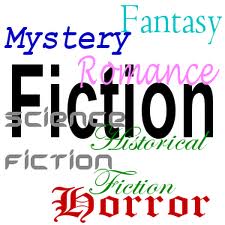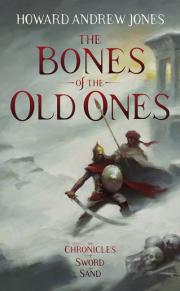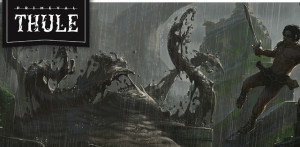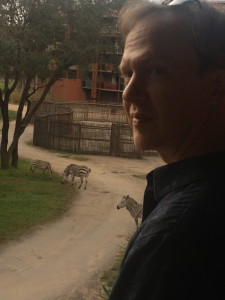Gaining Pathfinder Steam
 Yesterday I finally turned the corner on the new Pathfinder novel I’m writing. My writing process means that I go on with a very detailed plan, then write the book almost like a screenplay, mostly with dialogue before going back in to fill it up with description. What that means, though, is that I can’t be sure how well it’s really going until later in the process. As recently as Monday I was still worried about whether or not I could pull this off and get it to have the tone I was looking for, maintain the pace, and develop the character arcs.
Yesterday I finally turned the corner on the new Pathfinder novel I’m writing. My writing process means that I go on with a very detailed plan, then write the book almost like a screenplay, mostly with dialogue before going back in to fill it up with description. What that means, though, is that I can’t be sure how well it’s really going until later in the process. As recently as Monday I was still worried about whether or not I could pull this off and get it to have the tone I was looking for, maintain the pace, and develop the character arcs.
By end-of-day Thursday I finally had the first three chapters clicking along properly, and now some of the middle sections are falling into place. Because it’s gained momentum and I’m now better acquainted with all the characters, little scenes and more climactic chapter conclusions are popping out of thin air.
 It’s a lot easier for me to be generous about other genres than it used to be. I’m trying to decide if that has something to do with me mellowing with age, or if it’s because there’s a whole lot more sword-and-sorcery available than there was ten years ago … or if it’s simply that I don’t feel shut out anymore now that I’m writing sword-and-sorcery stories for a living.
It’s a lot easier for me to be generous about other genres than it used to be. I’m trying to decide if that has something to do with me mellowing with age, or if it’s because there’s a whole lot more sword-and-sorcery available than there was ten years ago … or if it’s simply that I don’t feel shut out anymore now that I’m writing sword-and-sorcery stories for a living. I spoke to some creative writing students at a local university a while ago and I tried to tell them something it took me a long time to understand: when you begin your writing career, you’re joining a community.
I spoke to some creative writing students at a local university a while ago and I tried to tell them something it took me a long time to understand: when you begin your writing career, you’re joining a community.


